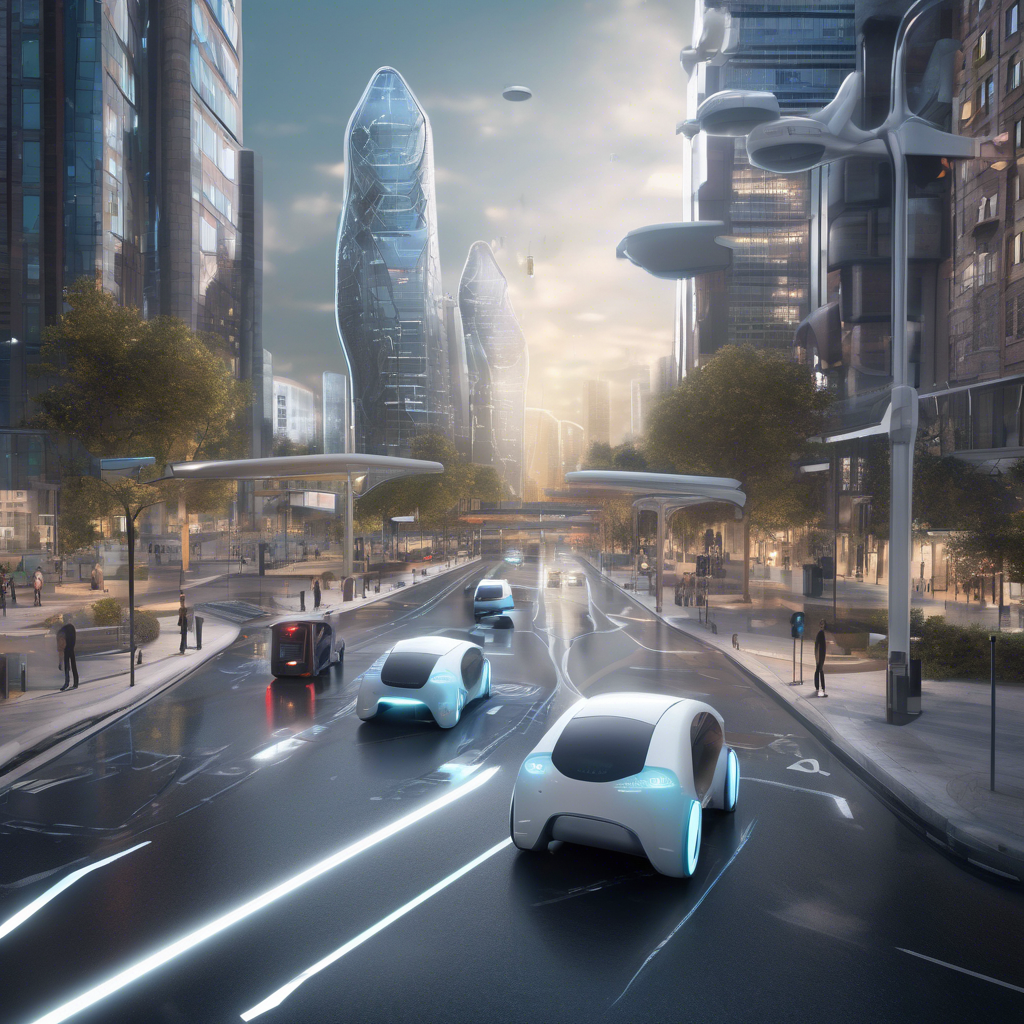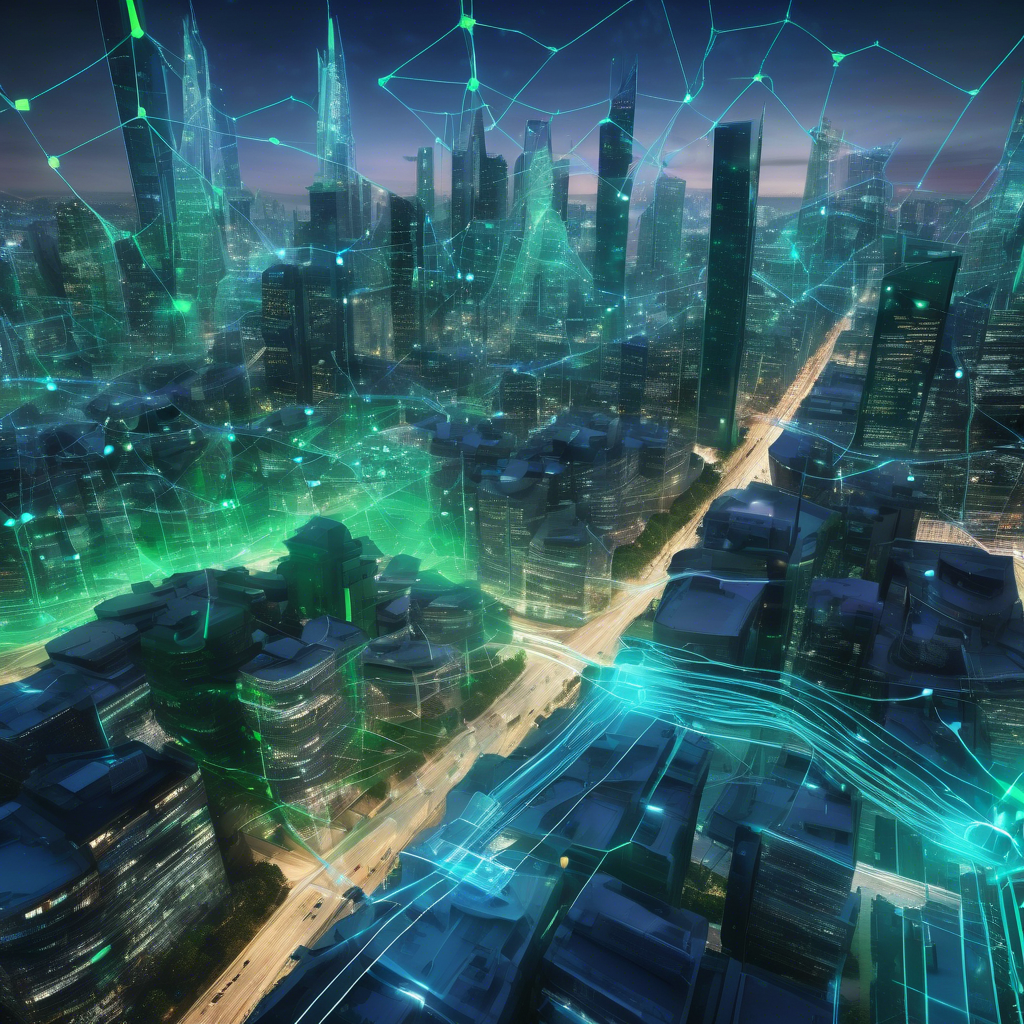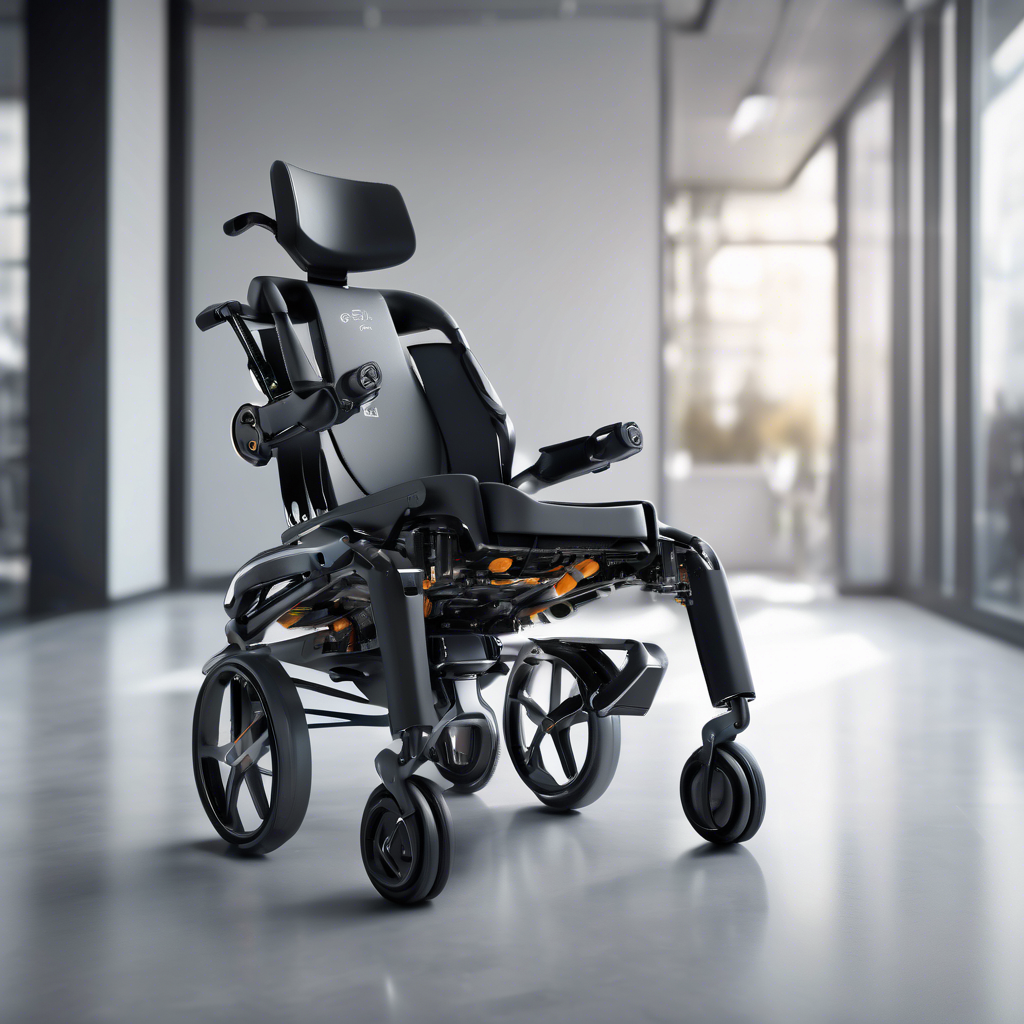How Artificial Intelligence is Transforming Transportation with Autonomous Vehicles and Smart Infrastructure

Artificial intelligence (AI) is rapidly emerging as a transformative force in reshaping transportation, offering significant advancements to improve safety, efficiency, and convenience for all road users. Key applications include autonomous vehicles and smart infrastructure systems, both employing advanced technologies to navigate and manage complex traffic environments. Autonomous vehicles, or self-driving cars, operate without human control by using AI algorithms to interpret sensor data, make real-time decisions, and safely maneuver through diverse and unpredictable traffic conditions. These vehicles utilize machine learning, computer vision, and deep learning to recognize objects, predict behaviors of other road users, and optimize routes. By minimizing human error—a major cause of accidents—self-driving cars have the potential to greatly enhance road safety and reduce traffic fatalities. Beyond individual vehicles, AI is revolutionizing traffic management via smart infrastructure. Adaptive signal control and smart traffic lights analyze live traffic data to adjust signal timings dynamically, mitigating congestion during peak hours and improving traffic flow. These systems can communicate with autonomous cars and other connected devices, forming integrated networks that enable smoother transit and reduce delays. Additionally, AI-driven transportation technologies contribute to environmental benefits by optimizing routes and decreasing stop-and-go traffic, thereby lowering fuel consumption and emissions—aiding cities in combating pollution and achieving sustainability goals. Despite these promising advances, several challenges must be overcome for widespread AI adoption in transportation.
Regulatory frameworks need updating to address the unique aspects of autonomous vehicles and smart infrastructure, ensuring public safety without hindering innovation. Policymakers must establish standards for vehicle testing, data privacy, and liability related to AI-driven systems. Ethical concerns also demand attention, especially regarding decision-making in emergency scenarios, accountability for machine errors, and impacts on employment within the sector. For example, dilemmas about how autonomous vehicles prioritize human lives in unavoidable accidents underscore the need for transparent, inclusive dialogues involving technologists, ethicists, lawmakers, and the public. Furthermore, integrating AI into transportation infrastructure requires significant investment in technology upgrades and cybersecurity to protect systems from potential cyberattacks, maintaining trust and preventing disruptive incidents. Collaborations among industry leaders, researchers, and governments are ongoing, with pilot programs and real-world testing expanding to generate data and insights for future advancements. In summary, AI is at the forefront of transforming transportation by enabling autonomous vehicles and smart infrastructure that promise safer, more efficient, and environmentally friendly mobility. However, fully realizing these benefits depends on addressing regulatory, ethical, and security challenges. Careful integration of AI into transportation systems will be crucial for shaping a future of mobility that is equitable, sustainable, and advantageous for all.
Brief news summary
Artificial intelligence (AI) is revolutionizing transportation by enabling autonomous vehicles and smart infrastructure, which enhance safety, efficiency, and convenience. Self-driving cars use AI techniques such as machine learning and computer vision to interpret sensor data, make informed decisions, and navigate roads, significantly reducing human error. Additionally, AI-powered traffic management systems optimize signal timings using real-time data, alleviating congestion and reducing emissions for environmental benefits. However, challenges remain, including evolving regulatory frameworks, ethical dilemmas in AI decision-making, accountability concerns, and cybersecurity risks. Addressing these issues requires collaborative efforts among policymakers, technologists, and ethicists to develop balanced standards that promote innovation while ensuring public safety. Continued research and pilot programs are vital for advancing these technologies. In summary, AI promises safer, more efficient, and sustainable transportation systems, but overcoming regulatory, ethical, and security challenges is essential for fair and reliable implementation.
AI-powered Lead Generation in Social Media
and Search Engines
Let AI take control and automatically generate leads for you!

I'm your Content Manager, ready to handle your first test assignment
Learn how AI can help your business.
Let’s talk!

AI-Powered Cybercrime Leads to Record Losses, FBI…
Artificial intelligence (AI) has transformed numerous industries, from healthcare to finance, driving remarkable advancements.

XRP’s Global Recovery and the Rise of Blockchain …
As the cryptocurrency market evolves, Ripple's XRP token is reemerging as a strong candidate for mainstream adoption.

Investing in the Blockchain Boom
Since Bitcoin’s 2009 debut, blockchain and distributed ledger technology have evolved from niche curiosities into fundamental components of financial systems, supply chains, and digital ecosystems.

AI exoskeleton gives wheelchair users the freedom…
Caroline Laubach, a spinal stroke survivor and full-time wheelchair user, serves as a test pilot for Wandercraft’s AI-powered exoskeleton prototype, which offers more than just new technology—it restores freedom and connection often missing for wheelchair users.

AI-Powered Cybercrime Drives Record Losses
A recent FBI report reveals a sharp rise in AI-driven cybercrime, causing record financial losses estimated at $16.6 billion.

How can the US get to the front of AI development?
Participate in the discussion Sign in to leave comments on videos and be part of the excitement

The class of 2025 is not finding jobs. Some blame…
The class of 2025 is celebrating graduation season, but the reality of securing a job is particularly challenging due to market uncertainties under President Donald Trump, the surge of artificial intelligence eliminating entry-level positions, and the highest unemployment rate for recent graduates since 2021.

 Auto-Filling SEO Website as a Gift
Auto-Filling SEO Website as a Gift








 Auto-Filling SEO Website as a Gift
Auto-Filling SEO Website as a Gift

